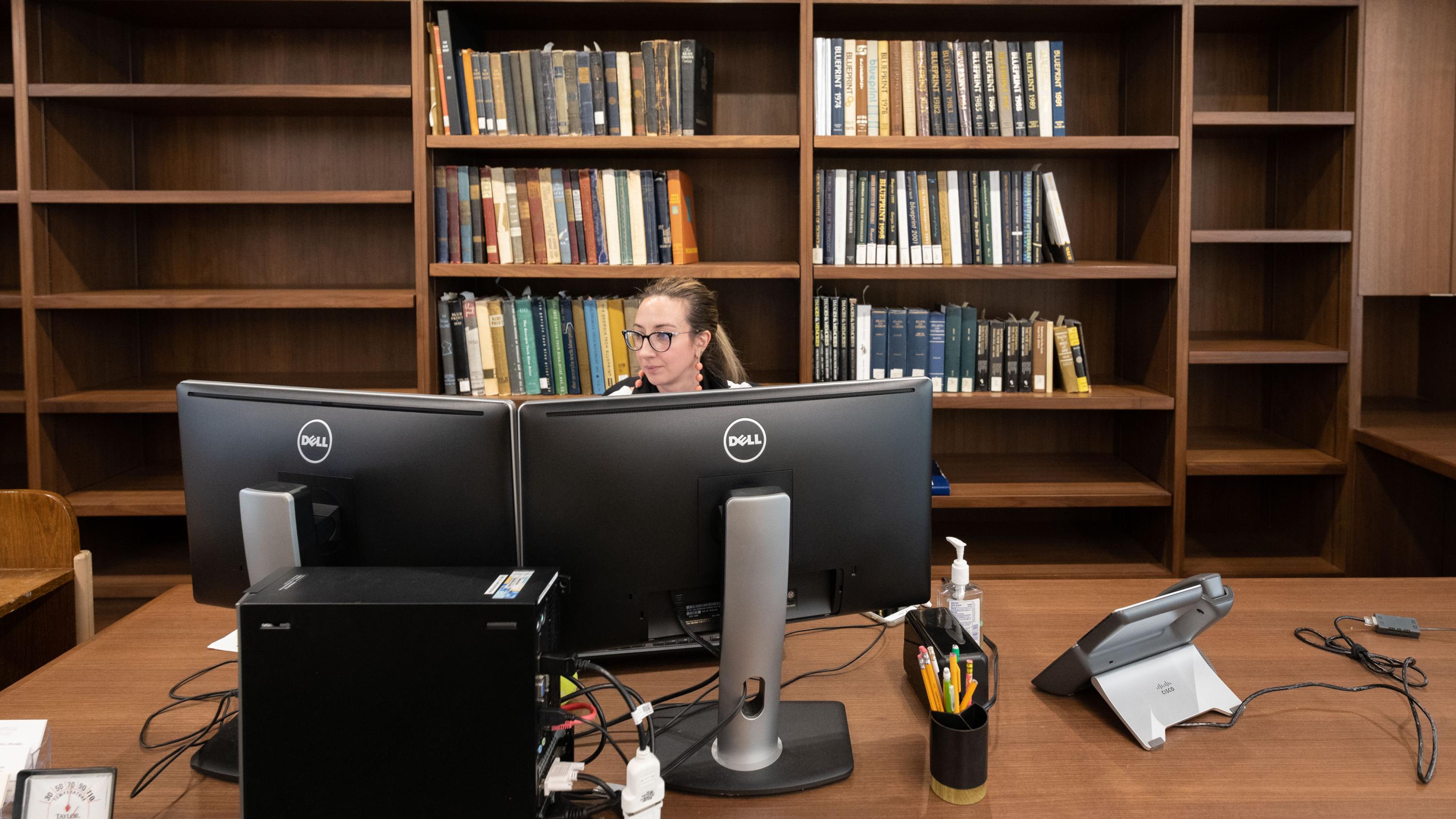
Nov 11, 2022 - Atlanta, GA
Hindsight is 20/20, and with their dissertation almost behind them, five soon-to-be-Ph.D. graduates can now clearly see what worked and didn’t work throughout their dissertation process. As they reflect on this process, the scholars share what they have learned on their journey. Whether you’re just starting to prepare for your dissertation, or you plan to start one down the road, keep these 11 tips in your back pocket.
On Organizing Your References and Notes
It’s impossible to remember everything off the top of your head, so keep an informal document with references where you can dump information into for future reference. Insert notations on the pieces that you have adapted for your research. –Shelley Chee-Mei Gooden, Biomedical Engineering
Writing literature review is a long-term process. I feel it is better to start on the day I read the first paper in this field, and then add contents day-by-day. –Robert Luo, Electrical Computer Engineering
Take the time to keep your references organized and take meticulous notes. Build a global reference document in Word or LaTex that you will be able to reference. Take notes of the information you use from each reference and key pieces of information you need to substantiate claims about the field or why you chose something. Add or tag references in your document so that you know where every note came from. –Lea Harris, Aerospace Engineering
On Writing
The best way to finish anything is to start. This can be as simple as starting a draft email with “Dear Prof,” or making a Word document titled, “Abstract Draft.” –Shelley Chee-Mei Gooden, Biomedical Engineering
Set aside time daily to chip away at your writing. It can be overwhelming with so many aspects to work on, so saying “I’ll address this today” can help a lot. –Shelley Chee-Mei Gooden, Biomedical Engineering
You can plan and plan for how you think things will go, but some projects just aren’t going to pan out and other opportunities will fall into your lap. Remain open to possibilities and trust that things will come together if you continue working at it. The best dissertation is a finished dissertation. Keep writing and just get it done. –Madison Willert, School of Biology
On Knowing Your “Why”
The process is not linear. A lot of times, the development of your research and argument for the dissertation is iterative. The definition of the topic area and literature search to support that topic often unveils more questions, which if not guided, can be overwhelming. Building your data analysis or models can require testing and failing too. What is important, whether starting from scratch or with a defined project, is developing your “why,” both for your research motivation and personal motivation to make the slow, iterative process feel progressive instead of restrictive. –Lea Harris, Aerospace Engineering
The argument of “why” your research fills a gap is easier if you categorize the field literature in how it’s done today and what is being managed by existing technology compared to what is not. The gap created by what is not handled by current state-of-the-art technology enables you to scope down your specific thesis contribution and motivate how your research fills that gap. –Lea Harris, Aerospace Engineering
On Pacing Yourself
A Ph.D. is a marathon, not a sprint. In a marathon, you go through long stretches of time and distance that feel like you’re getting nowhere, or you aren’t making any progress. However, every once in a while, you will realize you have made a big leap because you will pass a milestone like the halfway point or the 20-mile marker. You also need to pace yourself. If you go out too fast and try to do too much too quickly, you will burn out and lose momentum for the 2nd half of the race, potentially needing to stop before you have reached the end. Working long hours and getting very little sleep is not sustainable in the long term. While it may have been an effective strategy in undergrad for weeklong projects or homework assignments, that same strategy will not work for the years-long process of completing a dissertation. Pace yourself. Take care of yourself. Be aware of how your body feels and adjust, as needed. If I don’t do these things, my productivity takes a hit and I’m slower and less efficient at completing tasks. This is why, even when I have a lot to do, I prioritize my sleep and workouts since they set me up for success in the long term. –Elizabeth Spiers, Earth and Atmospheric Science
On Asking Questions
When working with your advisor, make sure you have done the work to know the right questions to ask. Be specific, have examples, and point to what you have tried and why you are confused or why it’s not working. –Lea Harris, Aerospace Engineering
On Thinking Out Loud
Practice public speaking and presenting ideas verbally. If you have a qualifying exam with an oral component, practice solving problems out loud and in front of other people. It’s a very different way of thinking and presenting an answer than typical exams that are written where you have the ability to spend time thinking about what to write. Even if you think you know the material, practice describing it orally and write it out with others watching you as you write it on a whiteboard or other large display interface. These are skills not typically used in undergrad and require different parts of your brain. It will likely take some practice before you are sufficient and comfortable with presenting knowledge in this style. These skills will also be useful for presenting at conferences and seminars. –Elizabeth Spiers, Earth and Atmospheric Science